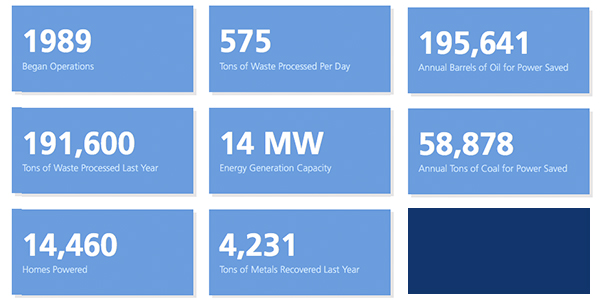By Rich Heidorn Jr.
A New Hampshire law that requires the state’s utilities to purchase power from biomass and waste generators encroaches on federal jurisdiction under the Federal Power Act and the Public Utility Regulatory Policies Act, FERC ruled Thursday (EL19-10).
The commission granted a petition for declaratory order requested by the New England Ratepayers Association over the New Hampshire statute, Senate Bill 365, which requires electric distribution companies to purchase power from biomass and waste generators within their service territories, with the price equal to 80% of the default retail rate.
Seven biomass or waste generators with a capacity of 25 MW or less qualified for contracts under the law, all within the territory of Public Service Company of New Hampshire (PSNH). PSNH was previously given relief from its mandatory purchase obligation under PURPA and is not required to purchase from qualifying facilities over 20 MW.
In its ruling Thursday, the commission agreed with the ratepayers’ group that the New Hampshire law is pre-empted by the FPA because it establishes a wholesale rate for energy and violates PURPA because the price exceeds the avoided-cost rate.
The commission said the law encroached on federal jurisdiction the same way Maryland’s contract for differences on a state-sponsored gas-fired generator did, a policy that was struck down by the Supreme Court in Hughes v. Talen in 2016. (See Supreme Court Rejects MD Subsidy for CPV Plant.)

Wheelabrator Concord in Penacook, N.H., can burn up to 575 tons daily of post-recycled waste from homes and businesses, generating as much as 14 MW of power. | Wheelabrator Concord
“Although the facts here differ from Hughes, we conclude that the result is the same because SB 365 does explicitly what the Maryland program in Hughes did implicitly. Whereas the Maryland program overturned in Hughes established a wholesale rate by adjusting the revenue that the generator received in the PJM auction to reflect a predetermined rate, SB 365 directly establishes a predetermined rate and requires utilities within the state to offer to purchase electricity at that specific state-established rate. We find that the logic of the court’s opinion in Hughes applies with equal force here.”
The commission said the law is also “inconsistent with” PURPA because 80% of the default energy rate exceeds PSNH’s avoided cost, which the New Hampshire Public Utilities Commission has said is equal to ISO-NE’s real-time market price.
SB 365 was enacted after the legislature overrode Gov. Chris Sununu’s veto in September 2018. The challenge to the New Hampshire law was supported by the Electric Power Supply Association and the state Office of the Consumer Advocate.
Opposing the challenge were the state attorney general and several New Hampshire generators: Bridgewater Power Co., DG Whitefield, Pinetree Power, Springfield Power and Wheelabrator Concord.
New Hampshire had contended the ratepayers’ petition was premature because the Public Utilities Commission has not reviewed any contracts under the law.
In January, the PUC issued an order saying it would “abstain from deciding the constitutional arguments” by the ratepayers’ group. “If we are presented with a question that requires resolution of the pre-emption issue, and if pre-emption has not already been decided by FERC or a court of competent jurisdiction, we will consider certifying the issues to the New Hampshire Supreme Court,” the commission said.
In May, Springfield Power, one of the opponents of the ratepayers’ FERC case, shuttered its 17-MW biomass plant.
State Consumer Advocate Donald Kreis said Friday that the biomass plants appealed the PUC’s “refusal to turn on the SB 365 money spigot while the pre-emption question was unresolved” to the state Supreme Court.
Initial briefs are due in October. “We will address their arguments in our own brief, due in early November,” he added.
PUC spokeswoman Amanda Noonan said the commission will wait a decision from the Supreme Court before addressing the FERC ruling.
However, a lawyer involved in the dispute, who asked not to be identified, said the state Supreme Court proceeding may be moot as a result of FERC’s ruling. The next step for the generators would be a request that FERC rehear the case, a prerequisite to appealing the ruling in federal court, the lawyer said.




